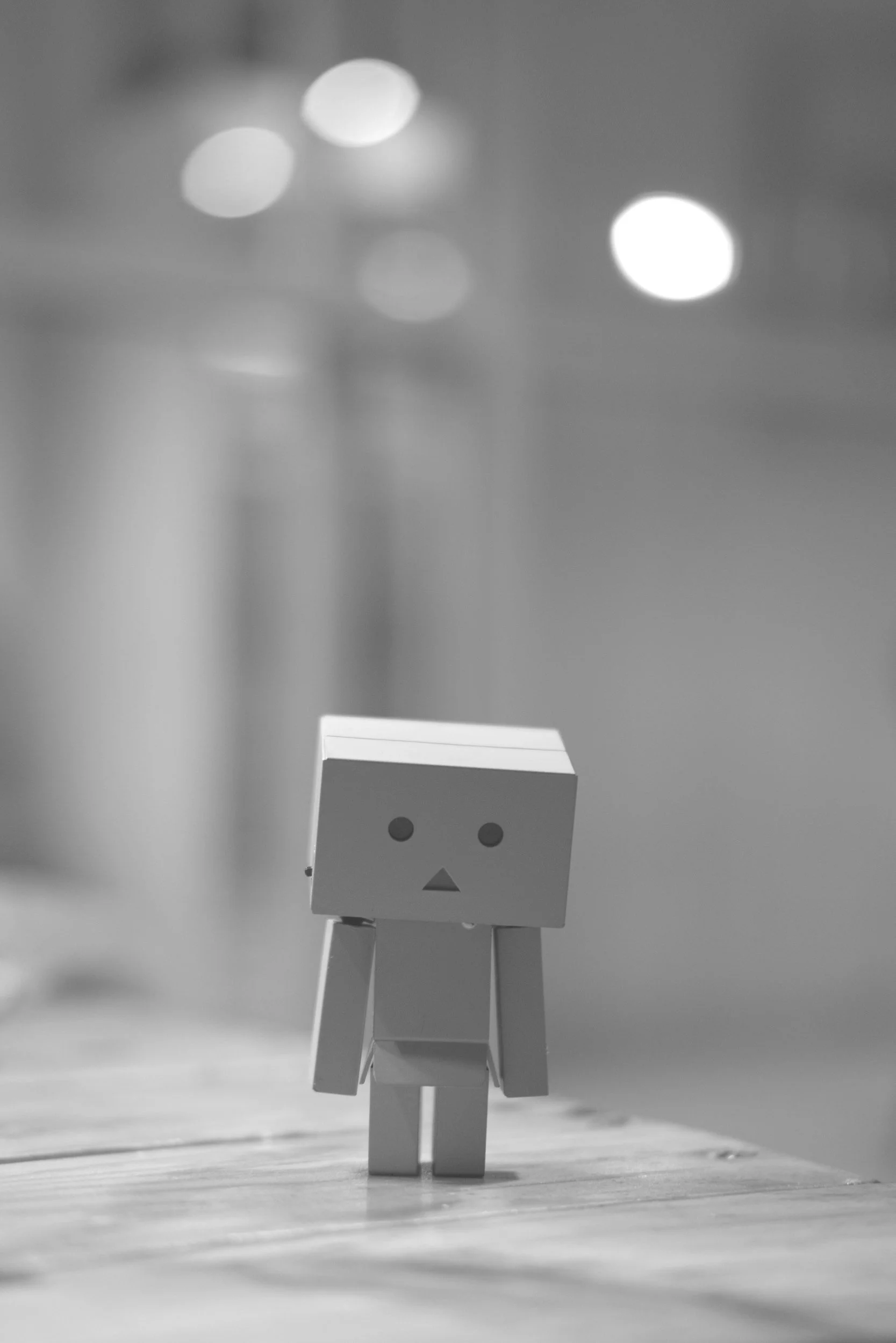Do you ever catch yourself thinking:
“I should have been more patient with my kids today.”
“I should be able to handle my workload without feeling overwhelmed.”
“I should be able to juggle it all—other parents seem to.”
These thoughts might sound harmless—or even helpful—but they often carry a hidden emotional weight. Should-ing is a form of self-critical thinking that suggests we’re constantly falling short of some invisible standard. Whether you're a parent, a professional, or both, these internal rules can lead to burnout, anxiety, and a quiet sense of failure.
What Is “Should-ing”?
In therapy, we use the terms should-ing and must-ing to describe the ways we pressure ourselves with rigid expectations:
“I should never raise my voice.”
“Weekends should be fun and relaxing.”
“I should enjoy every moment of parenting.”
These statements may sound like goals, but they’re usually rooted in judgment, not kindness. They imply that who you are—or what you’re doing—isn’t enough.
The Invisible Standards Behind the “Shoulds”
Most of us aren’t born with these thoughts. They’re learned. Over time, they form an internal script based on what we’ve absorbed from our environment—standards that are often unclear, unspoken, and unattainable.
Where Self-Critical Beliefs Begin
🧒 Childhood Messages
Being praised only for performance or good behavior may teach: “My worth depends on how well I do.”
Growing up with critical or emotionally distant caregivers might leave us believing: “I’m not good enough.”
🏫 School and Social Comparison
Academic systems often reward perfection and punish mistakes.
Social groups can plant beliefs like: “I should be more like them to be accepted.”
🏡 Cultural and Religious Influences
Many shoulds come from well-intentioned religious or cultural teachings:
“I should always put others before myself.”
“I must forgive no matter what.”
While these values may hold truth, taken rigidly or without room for personal context, they can override self-care, healthy boundaries, and emotional honesty.
📱 Media and Society
Social media highlights curated lives that look effortless.
Cultural ideals around parenting, productivity, and appearance can leave us chasing a version of life that’s exhausting—and unrealistic.
the Origins of Should-ing
The phrase “Stop should-ing on yourself” may sound playful, but it’s rooted in the work of renowned psychologist Albert Ellis, founder of Rational Emotive Behavior Therapy (REBT).
This phrase has since become a cornerstone of cognitive therapy and self-compassion work. It reminds us that healing often begins when we replace rigid expectations with flexible, kinder beliefs.
The Emotional Toll
These invisible standards and self-critical thoughts can lead to:
Chronic guilt and shame
Burnout and overextension
Fear of failure or judgment
Disconnection from our needs, values, and joy
And perhaps most importantly, they crowd out self-compassion—the very thing we need most when life feels overwhelming.
How to Shift Away from Self-Criticism
The first step is awareness. Start by noticing your inner dialogue:
When you catch a “should” , pause and ask:
“Who decided this should be true?”
“Is this belief helpful? Is it kind?”
“Is this actually mine—or did I inherit it?”
Reframe the Language
Try swapping in gentler, more flexible language:
Replace “I should…” with → “I’d like to…” or “It would help if I…”
This subtle shift creates space for grace, truth, and self-respect—instead of shame.
Final Thoughts
You don’t have to be the perfect parent, flawless employee, or person who always gets it right.
You don’t have to live under invisible rules you didn’t choose.
You’re allowed to be human—growing, messy, worthy, and resilient.
So the next time your inner critic whispers, “You should be doing more…”, pause. Breathe. And ask:
“According to who?”
Then listen to your own voice—the kind one. The true one. The one that knows you’re already enough.
And remember: if we want our children to believe they are inherently enough, we have to believe it first. The way we speak to ourselves becomes the quiet model for how they learn to speak to themselves

